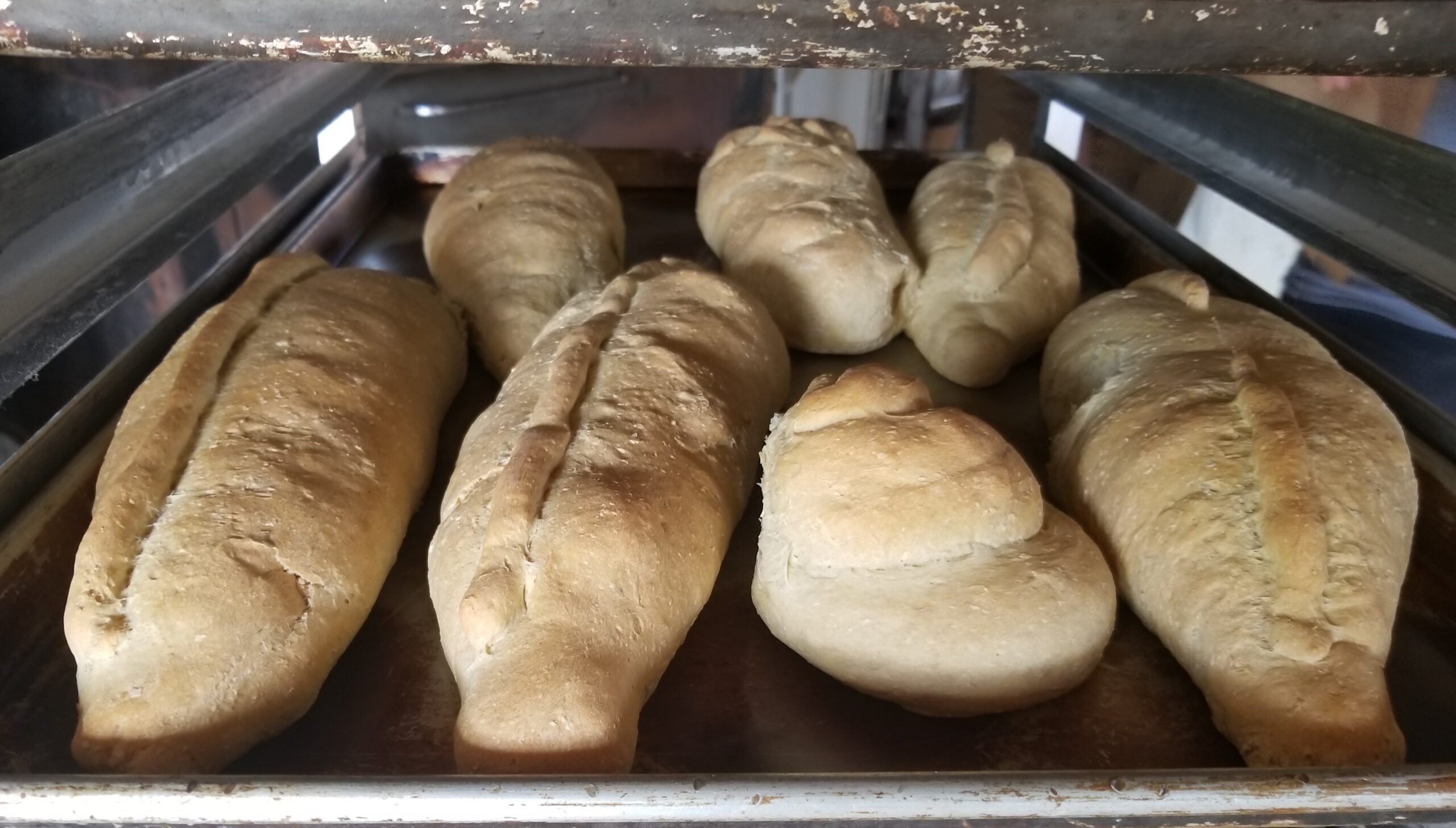The main objective was to demonstrate to the participants alternative choices like using sweet potato and cassava
 Codrington, Barbuda, October 23 (IICA). – The Inter-American Institute for Cooperation on Agriculture (IICA) in collaboration with the Caribbean Agriculture Research Development Institute (CARDI) held a baking workshop to produce bread with local commodities in celebration of World Food Day 2019.
Codrington, Barbuda, October 23 (IICA). – The Inter-American Institute for Cooperation on Agriculture (IICA) in collaboration with the Caribbean Agriculture Research Development Institute (CARDI) held a baking workshop to produce bread with local commodities in celebration of World Food Day 2019.
Under the theme Our Actions are our Future: Healthy Diets for a #Zero Hunger World, participants in the workshop held on October 17th discussed the best benefits of using local commodities to substitute flour to bake bread and were able to compare composite bread to the regular bread.
The training session was attended by 17 participants that included Food and Nutrition students and private sector producers, as well as technicians from the Barbuda Council. The main objective was to demonstrate to the participants alternative choices like using sweet potato and cassava. The flour to composite of raw material was calculated and divided to a 60:40 ration.
“Activities like this will help to sensitize the public the importance of preparing and eating healthy dishes, the utilization of local commodities could contribute to the decrease of the non-communicable diseases (NCD’s) which affects Antiguan and Barbudans”, said Nadia Harris -George, Chair Person of Health and Disaster Services Barbuda Council, referring to illness such as diabetes and hypertension.
The use of sweet potato and cassava to make composite bread was introduce to the bakers in Antigua in 2016 under the regional Agriculture Policy Programme (APP) and has since been repeated as a training activity every year in Antigua.
This is the first time that the event takes place in Barbuda.
“The Barbuda Council, who recognized the importance of value addition training activities, requested this training and thanks the IICA on fulling its promised and looks forward to future collaboration between the Barbuda Council and IICA”, said Kendra Beazer, the Chairman of Agriculture Lands Fisheries & Costal Protection Barbuda Council.
IICA National Specialist Craig M. Thomas emphasized that “IICA is committed to offering technical support to both islands however, it is visible that the island of Barbuda is limited in many resources in comparison to Antigua which can contributes to the growth of agriculture”.
This training is the second provided by IICA thus far in 2019 to the private and public stakeholders under the IICA Training and Technical Events component of the delegation. Over 200 persons have been trained how to make composite bread in Antigua and Barbuda since 2016.
More information:
Craig M. Thomas, IICA Delegation in Antigua and Barbuda











